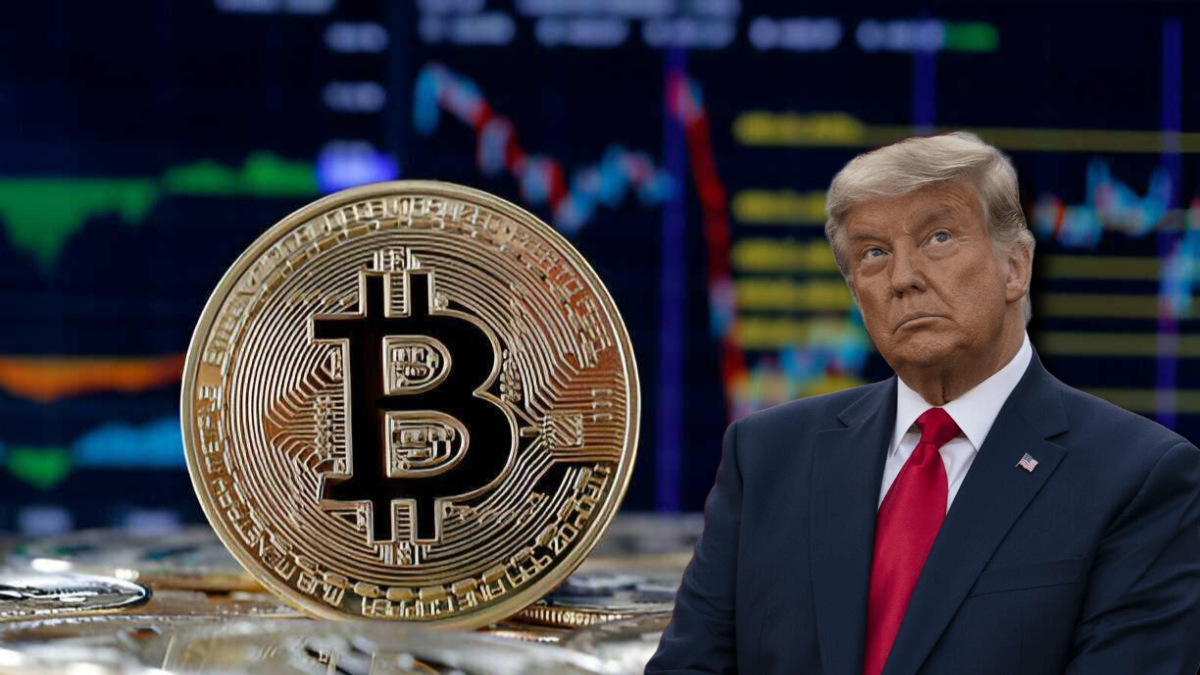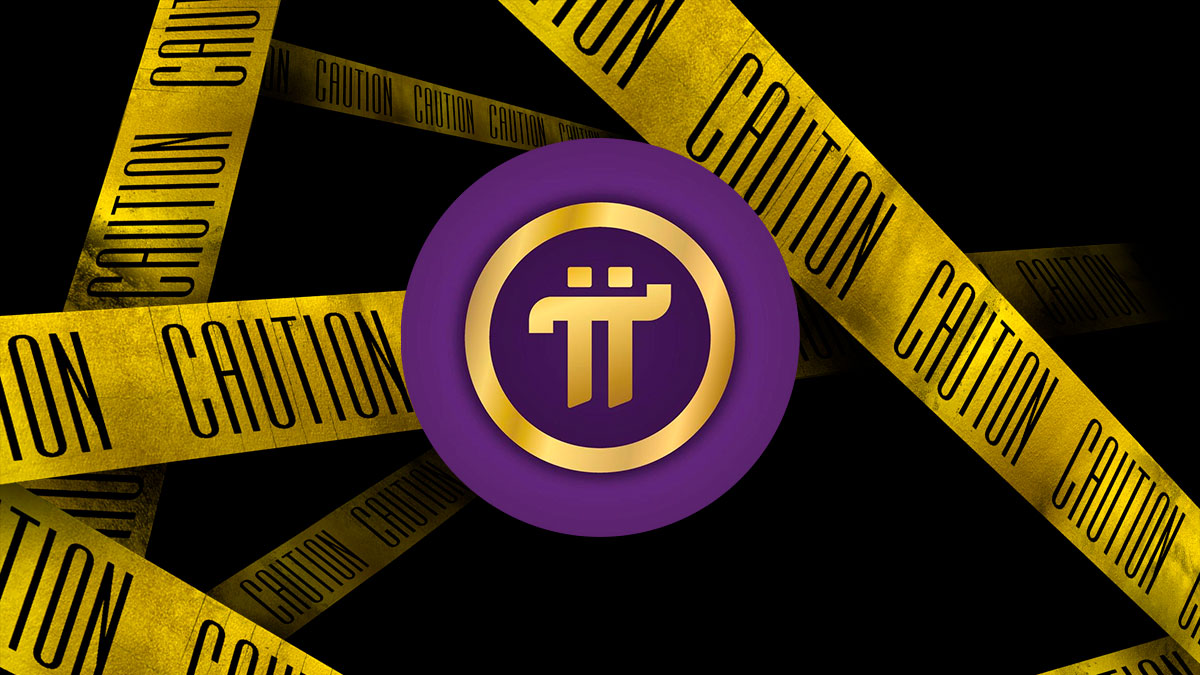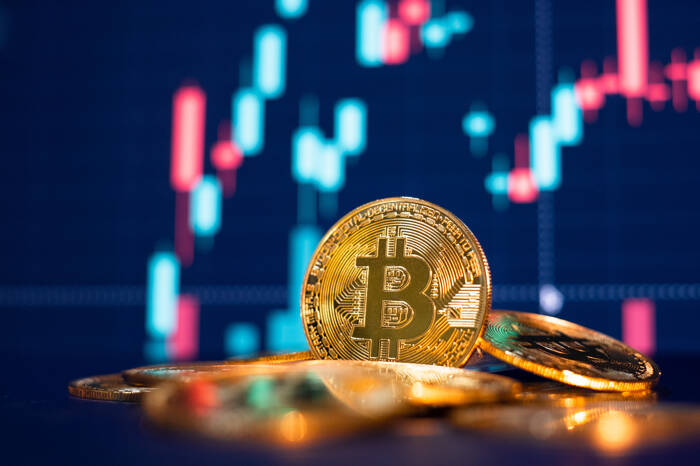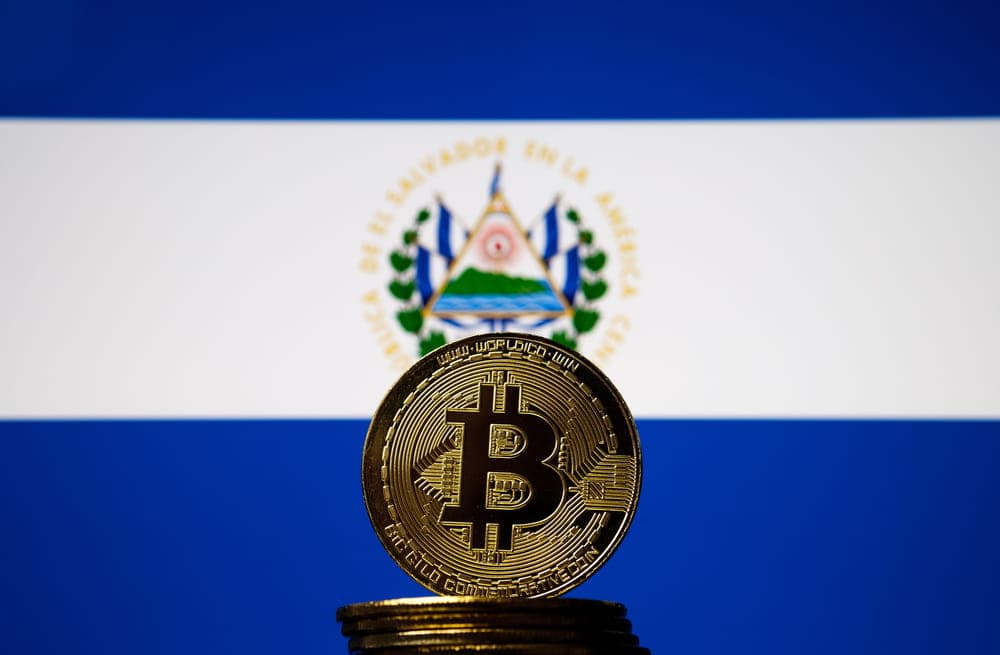The White House’s Bitcoin Bet: A New Twist in Economic Policy
In a curious turn of events, the Trump administration is reportedly considering an unconventional move in economic policy: funding a national Bitcoin reserve using tariff revenue. This marks a departure from earlier proposals that suggested selling off gold reserves to bolster the nation’s financial position.
A Shift in Strategies: From Gold to Bitcoin
Bo Hines, a trusted White House advisor, has been spearheading this new approach. Hines sees this strategy as an urgent response to the global race to accumulate Bitcoin, a digital currency that has captured the world’s attention and imagination.
The Global Race to Bitcoin: Understanding the Impetus
The global race to Bitcoin refers to the growing trend among nations to acquire Bitcoin as part of their national reserves. This digital currency, created in 2009, operates on a decentralized system, meaning it isn’t controlled by any single entity or government. Its value has soared in recent years, making it an attractive proposition for countries seeking to diversify their financial holdings.
Tariff Revenue: The New Source of Funding
The administration’s plan to fund the national Bitcoin reserve using tariff revenue is an innovative solution. Tariffs are essentially taxes on imported goods, and the Trump administration has used them extensively in its trade policies. By diverting a portion of this revenue towards Bitcoin, the administration aims to secure a strategic financial asset.
The Impact on Individuals: A New Era of Financial Inclusion
- Greater financial inclusion: As the government invests in Bitcoin, it could potentially pave the way for more widespread adoption of the digital currency among the general population.
- Potential for increased value: If the national Bitcoin reserve drives up demand for the currency, it could lead to an increase in its value, benefiting those who own Bitcoin.
- Potential for volatility: On the other hand, Bitcoin’s value is known to be volatile. This could lead to fluctuations in the value of an individual’s investment, making it a riskier proposition.
The Impact on the World: A New Geopolitical Landscape
The decision to fund a national Bitcoin reserve could have far-reaching implications for the global economy and geopolitical landscape.
- Shift in power dynamics: If more nations follow suit and invest in Bitcoin, it could lead to a redistribution of power in the global economy.
- Increased competition: The race to accumulate Bitcoin could intensify, leading to increased competition among nations.
- Potential for financial stability: Bitcoin’s decentralized nature makes it less susceptible to manipulation by governments or financial institutions, potentially leading to increased financial stability.
Conclusion: A Bold Move in Uncertain Times
The Trump administration’s decision to consider funding a national Bitcoin reserve using tariff revenue is a bold move in uncertain times. It represents a departure from traditional economic policies and could have significant implications for individuals and the world at large. As the global race to Bitcoin heats up, it remains to be seen how this strategy will play out. One thing is certain, though: the digital currency is here to stay, and its role in the global economy is only set to grow.
So, buckle up, folks! This could be an exciting ride.





